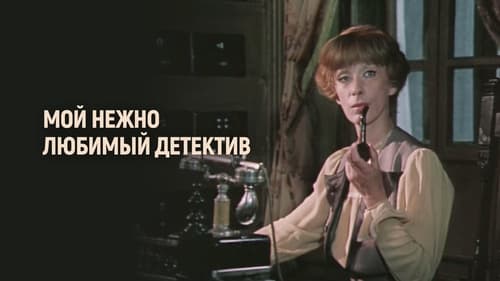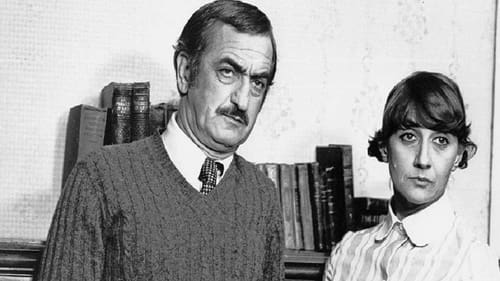Janri Lolashvili
出生 : 1942-04-22, Tbilisi, Georgia SSR, USSR

A full-blooded, interesting life has long eluded the house where a mother, father, son and daughter live. Trivial household matters, conversation at dinner about duty — that's all that connects them. The situation changes when it becomes known that the family inherited the village house, and that it will probably be necessary to enter into a struggle with the joint heirs. From the bottom of chests, old albums and documents confirming the priority of the family are extracted, and intrigues begin ...

Christopher Hughes (English telegraphist)
The film tells a strange story, in flashback, about a British Telegraph Company’s engineer named Hughes appearing in a distant Guria village. Falling in love with the beautiful Anna, the Englishman became the enemy of her brother, Bolshevik Nestor. Both Hughes and Nestor were shot dead by Lavrenty Mgeladze, who had once had everything, but later was dispossessed and driven out of the village. The old Anna told that story to a young composer who recorded the music: “My dear homeland, why are you weeping?…”

The conceit is that Sherlock Holmes is, as in reality, a fictional creation of Arthur Conan Doyle, but that the place where his office would be is maintained by the brilliant detective Shirley Holmes, who both solves crimes and maintains a museum for people who think Sherlock Holmes is real -- accompanied by a phonograph playing music from the Livanov series which had not long ended. She is accompanied, as might be expected, by a woman Watson, and must fight off the affections of both a Scotland Yard inspector an a parody Latin lover from Spain.

Alexi leaves the house of his father and stepmother and rents an apartment. He wants to be independent and find his place in the world. But no basic changes ensue – he has the same friends, with the same trivial conversations and the same inactivity. Only the death of his favorite teacher, to whom the young man felt very close, really changes his habitual way of life. Alexi makes a decision: he refuses a place at a research institute and leaves for a teaching job at a village school, the same school his mentor used to work at.

The way home for Aleksandr Rekhviashvili is not charted in the conventional sense. It takes the viewer along some peculiar roads and across a unique landscape: Georgian history and legend, politics and social stratification, religion and ethics. Allusive, stylized and allegorical from beginning to end, his long-banned The Way Home is in part a tribute to Rekhviashvili’s favorite director, Pasolini, especially to The Hawks and the Sparrows (1966). Together with the short film Nutsa (1971) and the widely acclaimed Georgian Chronicle of the 19th Century (1979; SFIFF 1983), The Way Home closes a triptych of films that represent Rekhviashvili’s poetic contemplation of Georgia’s past. It makes extensive use of poems by Bella Akhmadulina (the major female poet of the cultural ‘thaw’ of the ’50s and ’60s and a Georgian by descent), and of sets by Amir Kakabadze. Like other films in the trilogy, The Way Home is stunningly photographed in black-and-white.--Oxymoron

Irakli
Sophiko, a well-known journalist, seems to be more close to many of her respondents when they need her advice than to his family members. All engrossed in her work, she suddenly finds out that she is losing her husband who has started a love affair with another woman. Of course, it strikes her badly but life never lets her to concentrate on her personal problems.

Tadeoz Toroshelidze is the most reknowned wine drinker in the whole area. Once he even won a drinking horn in a competition that has rested in his house ever since.





